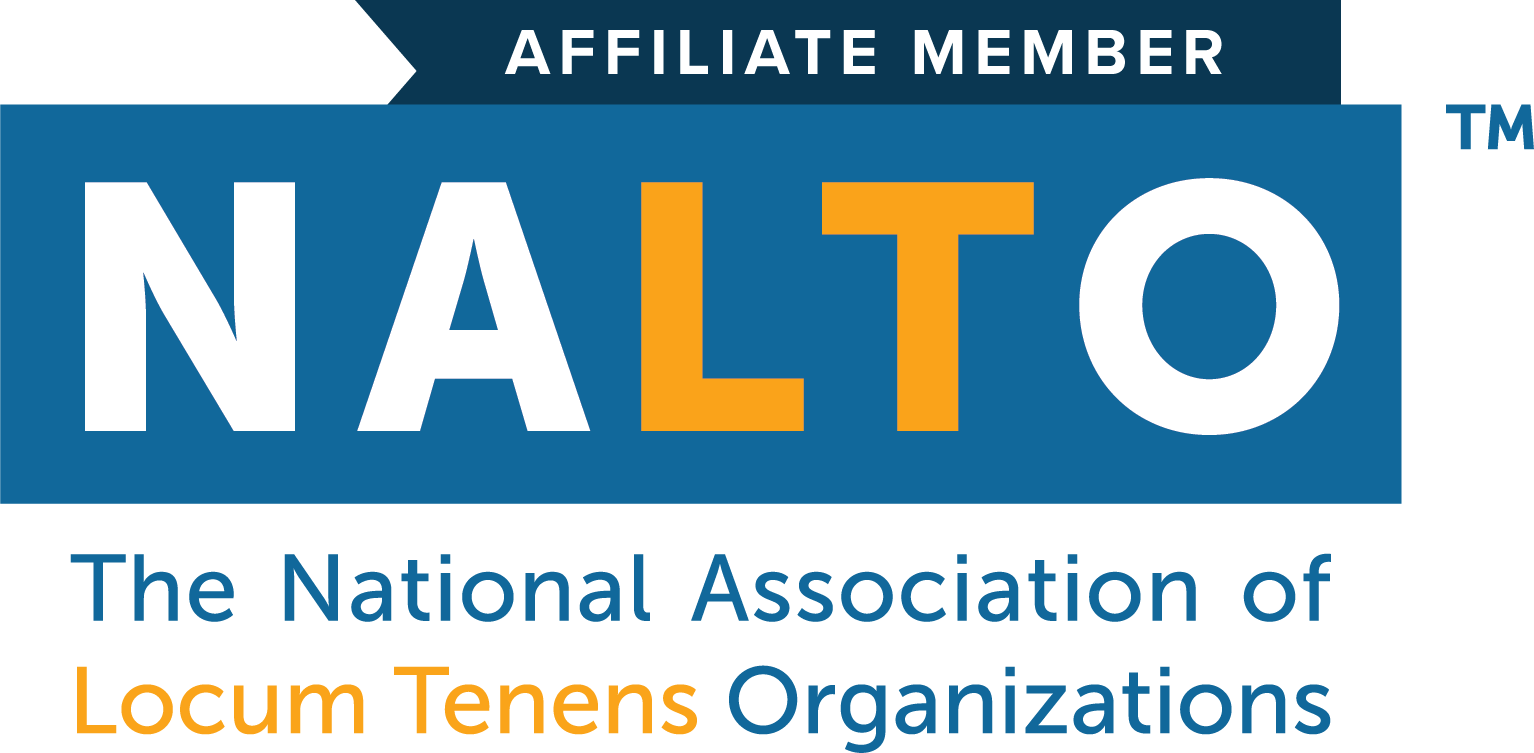The Pros and Cons of Hiring Locum Tenens Providers: What Hospitals Need to Know
Mar. 7th, 2025 8:15 am
The Pros and Cons of Hiring Locum Tenens Providers: What Hospitals Need to Know
Hiring locum tenens providers can be an effective solution for hospitals and healthcare organizations facing staffing shortages, seasonal demand, or unexpected gaps in coverage. However, like any staffing strategy, it comes with its own set of advantages and challenges. For healthcare leaders looking to maintain continuity of care while balancing the needs of their staff and patients, it’s essential to weigh the pros and cons of employing locum tenens providers.
Pros of Hiring Locum Tenens Providers
1. Flexibility in Staffing
One of the biggest advantages of using locum tenens providers is the flexibility they offer. Whether you're dealing with seasonal fluctuations in patient volume, temporary leave of permanent staff, or unexpected vacancies, locums provide an on-demand workforce that can step in quickly and efficiently. This flexibility ensures you maintain adequate coverage without the long-term commitment of hiring a full-time employee.
2. Cost-Effective Solution
While locum tenens providers often come at a premium rate, they can still be a cost-effective solution in certain situations. For hospitals facing a short-term staffing need, hiring locums can be more economical than going through the process of recruiting, onboarding, and providing benefits for a permanent hire. Additionally, locum providers typically manage their own taxes, health insurance, and retirement, meaning your hospital doesn’t have to absorb these extra costs.
3. High-Quality Providers with Diverse Experience
Locum tenens providers often bring a wealth of experience from working in various healthcare settings, making them adaptable and capable of handling different clinical environments. Hospitals can benefit from the knowledge and skills that these providers acquire from working in a variety of hospitals, specialties, and patient populations. For facilities looking to bring in highly skilled professionals for specific needs, locums are an excellent resource.
4. Immediate Availability
Locum tenens providers can often be recruited and deployed quickly to fill gaps in staffing. This is particularly beneficial when there is an urgent need to cover shifts or provide specialized care. With locum agencies typically having a pool of vetted candidates ready to work, you can avoid the long hiring process and have providers in place within a matter of days or weeks, ensuring continuity of care for your patients.
5. Reduced Risk of Burnout
Staff burnout is a growing concern in the healthcare industry. When hospitals face understaffing, the remaining permanent staff can quickly become overwhelmed, leading to fatigue, decreased morale, and potential turnover. Hiring locum tenens providers helps alleviate this pressure by ensuring that your permanent staff isn’t overburdened, thus promoting a healthier work environment and reducing the risk of burnout.
Cons of Hiring Locum Tenens Providers
1. Lack of Long-Term Commitment
While locum tenens providers are highly skilled, they are temporary by nature and may not have the long-term commitment to the organization that permanent staff do. This can lead to continuity challenges, as locums may not be as invested in the facility's culture or long-term goals. For tasks requiring ongoing collaboration or familiarity with specific organizational procedures, locums may not offer the same level of consistency as permanent staff.
2. Higher Hourly Rates
Locum tenens providers are often paid higher hourly rates compared to permanent employees, due to the temporary and specialized nature of the work. While this cost can be justified by the need for flexible staffing, hospitals should carefully consider their budget and staffing needs before opting for locums. The added expense of locum tenens can accumulate, especially for long-term assignments or ongoing needs.
3. Onboarding and Integration Challenges
Though locum providers are typically experienced, integrating them into your team can still pose challenges. Since they are new to your facility, it may take time for them to become familiar with your specific processes, technology systems, and patient protocols. This can lead to a temporary decrease in efficiency and the need for more oversight and support from permanent staff members.
4. Potential for Inconsistent Care
Although locum tenens providers often have extensive experience, the temporary nature of their work means they may not be fully familiar with your hospital's specific standards of care. This can sometimes result in inconsistent patient care, especially when multiple locums rotate through the same positions. Establishing clear communication channels and thorough handover procedures is essential to mitigate these risks.
5. Limited Availability for Long-Term Coverage
Locum tenens providers are typically suited for short-term assignments. If your hospital is looking for someone to fill a role for an extended period, such as a year or more, finding the right locum provider may be difficult. Many locums prefer shorter-term contracts, and availability can vary based on their personal preferences or the demand in other healthcare facilities. This can create challenges for hospitals in need of long-term coverage.
Conclusion
Hiring locum tenens providers offers many benefits for hospitals, including flexibility, cost-effectiveness, and the ability to quickly fill staffing gaps with experienced professionals. However, it also comes with challenges, such as higher costs, the lack of long-term commitment, and potential integration issues. For hospitals that need temporary coverage or want to avoid the complications of long-term hiring, locums can be a valuable resource. By understanding both the advantages and limitations of locum tenens staffing, hospitals can make informed decisions that support their staffing goals, maintain high-quality patient care, and create a positive work environment for their permanent staff.



